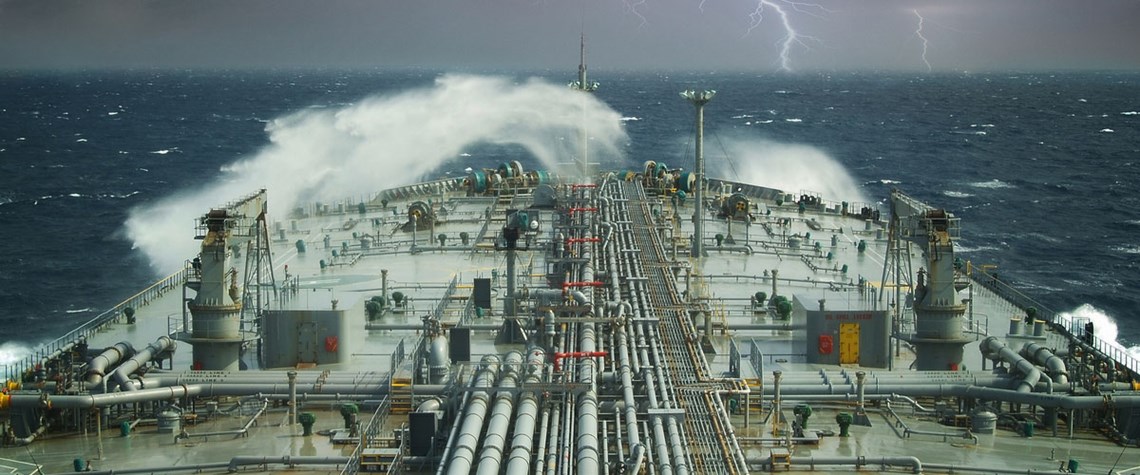Shipping faces tough decarbonisation choices
Supply chains will be critical as the maritime sector looks for alternative fuels
Shipping accounts for significant greenhouse gas (GHG) emissions, and the industry is accelerating its efforts to meet ambitious UN decarbonisation goals. But it remains unclear which competing solution—or combination of solutions—will prevail. The International Maritime Organisation (IMO) is targeting a 50pc cut in GHG emissions from shipping by 2050, relative to 2008 figures, and wants to slash the sector’s carbon intensity—the amount of CO2 emitted per ton-mile—by 40pc by 2030 and 70pc by 2050. A coalition of IMO member states —which together control a major share of the world’s shipping tonnage and include Greece, Liberia, Japan, Malta, Switzerland and Singapore—propose the organisation

Also in this section
25 July 2025
Mozambique’s insurgency continues, but the security situation near the LNG site has significantly improved, with TotalEnergies aiming to lift its force majeure within months
25 July 2025
There is a bifurcation in the global oil market as China’s stockpiling contrasts with reduced inventories elsewhere
24 July 2025
The reaction to proposed sanctions on Russian oil buyers has been muted, suggesting trader fatigue with Trump’s frequent bold and erratic threats
24 July 2025
Trump energy policies and changing consumer trends to upend oil supply and demand








